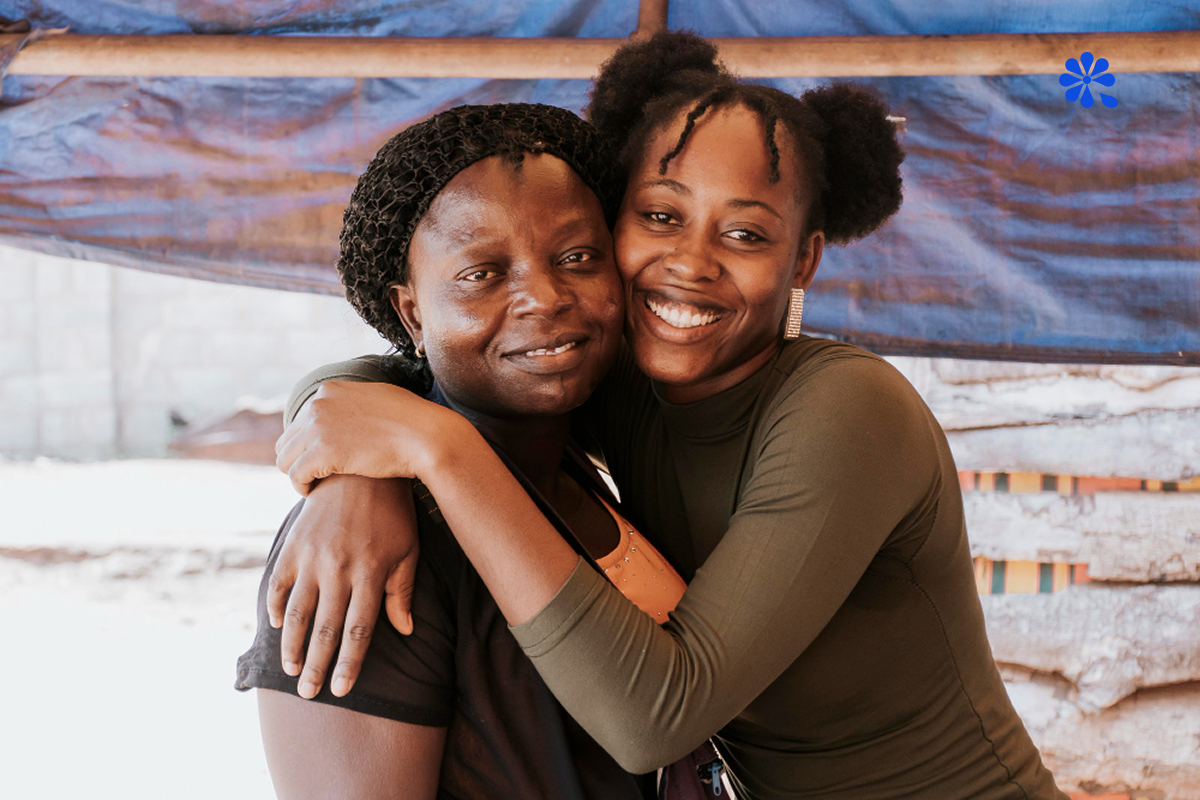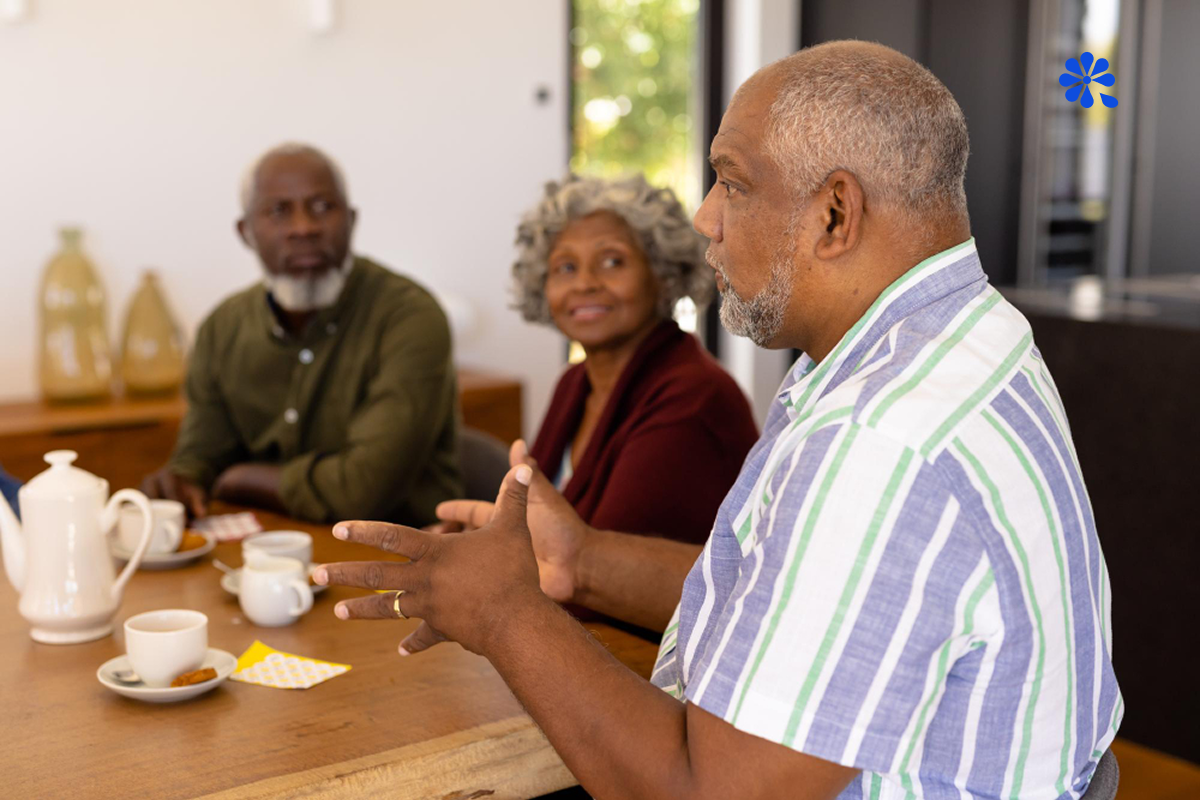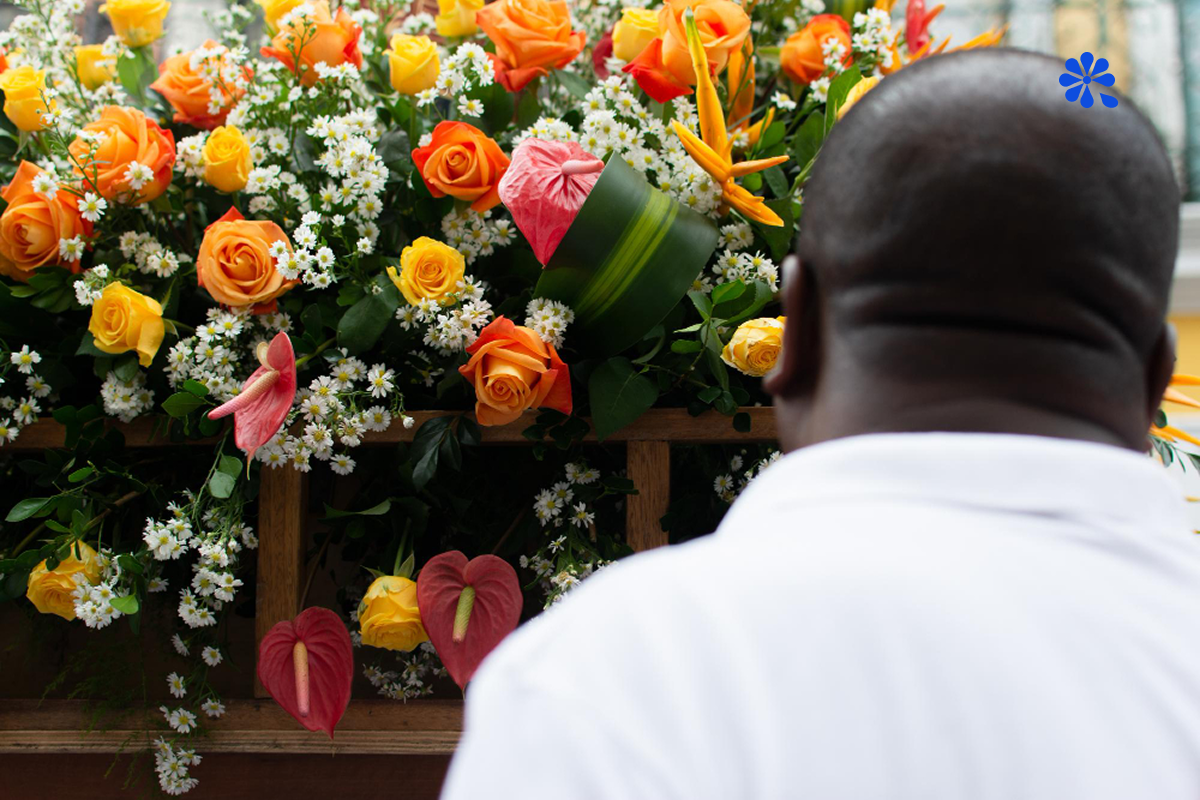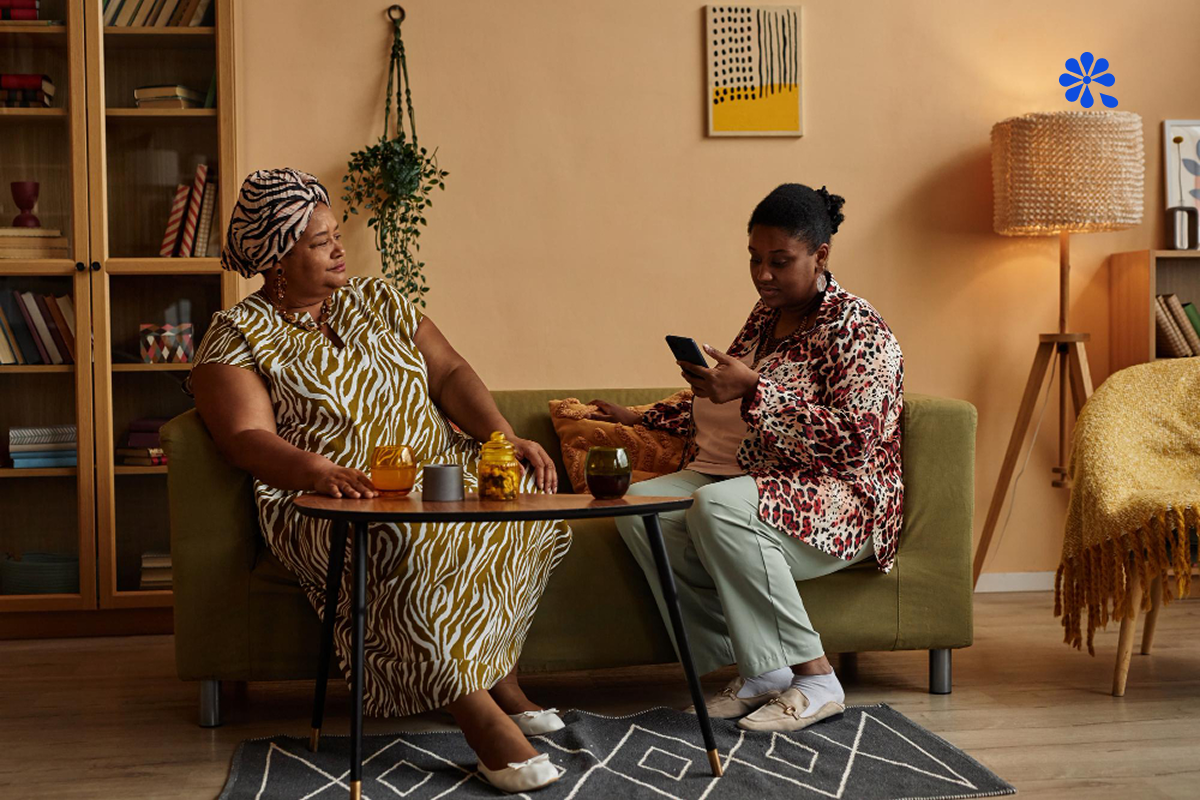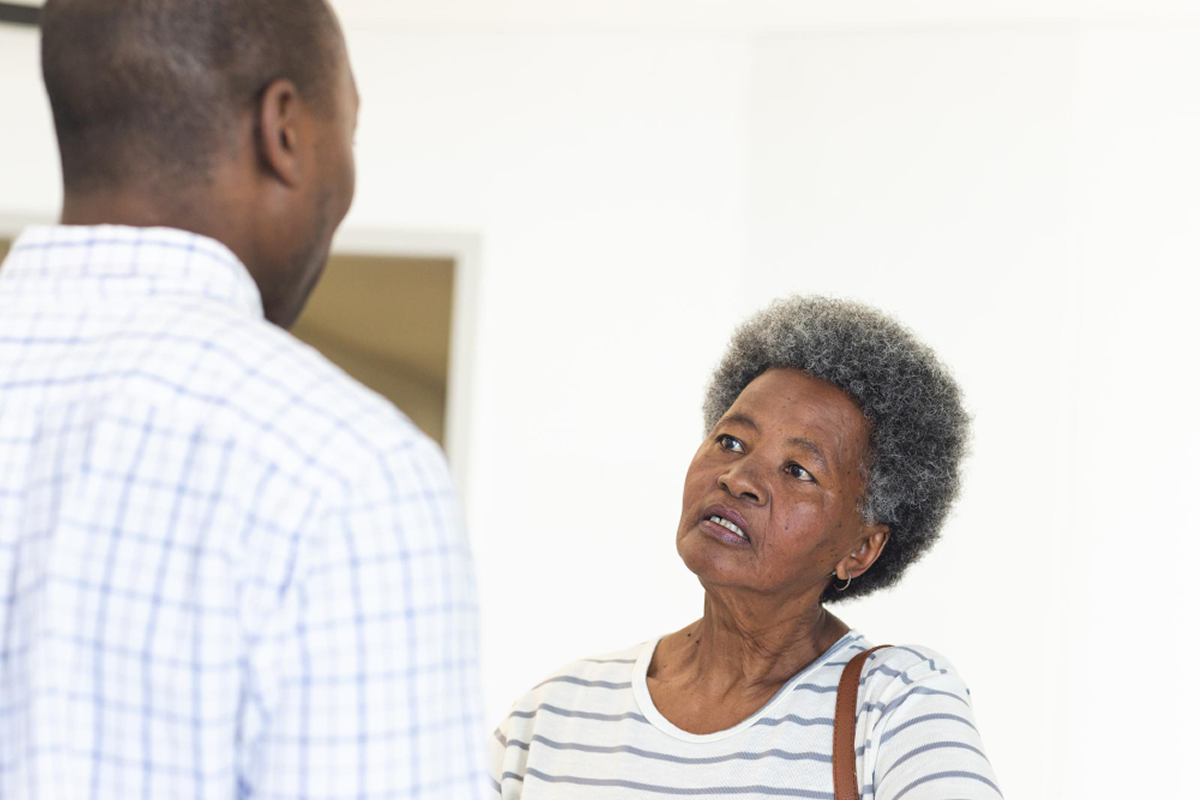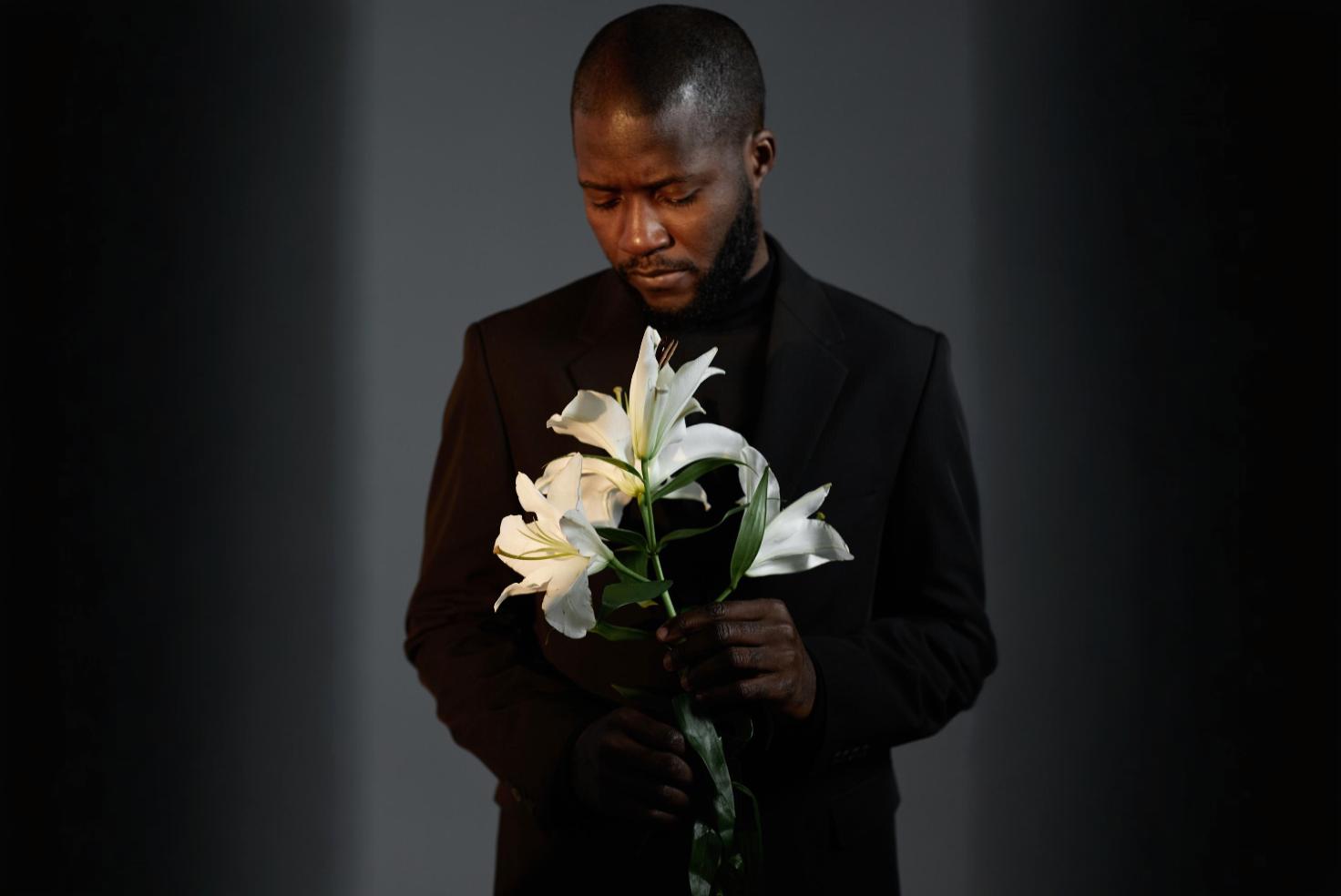Grief is heavy enough on its own and adding money worries can make it feel unmanageable.
For many Kenyan families, funeral costs arrive quickly and unexpectedly, even when love and support are abundant.
Asking for financial help isn’t a failure; it’s a way of letting the community do what it does best: show up.
At a Glance 🕊️
- ·
Grieving is emotionally draining and often financially overwhelming.
- ·
Asking for financial help is not a sign of weakness, but a natural and acceptable response to need.
- ·
In Kenya, cultural traditions, community support, and modern tools all make financial support a normal part of grief.
- ·
Understanding how to ask, and how communities typically respond, can make the process less stressful.
The Hidden Costs of Grief
Grief comes with real financial costs. From funeral expenses, hospital bills, to transport and meals for mourners, families often find themselves facing unexpected financial strain. While some plan ahead through insurance or savings, many are caught off-guard.
The truth is that asking for financial help is often the only way families can manage these costs without sinking into debt or making painful compromises.
Community and Cultural Norms in Kenya
In Kenyan culture, grief has always been communal. Neighbors, extended family, and even workplace colleagues naturally step in to support those who are bereaved.
Contributions — whether in cash, kind, or service — are not seen as charity but as an expression of solidarity.
Whether through harambees or small group collections within churches, WhatsApp groups, or workplaces, financial contributions have become an accepted and even expected way of standing with grieving families.
Why Asking for Help is Okay
Many people hesitate to ask for financial help because they worry about appearing needy, burdensome, or unable to handle their own responsibilities. But here are reasons why it is not only okay, but often necessary:
- ·
Grief drains resources: Funerals and associated costs can run into hundreds of thousands of shillings. Few people are prepared for that.
- ·
Community expects to help: Asking gives others the chance to show love and solidarity. Many people want to support but need direction.
- ·
It lightens the burden: Sharing costs prevents one family from bearing an unbearable load alone.
In essence, asking is not taking advantage of people—it is allowing them to do what they already want to do: stand with you.
How to Ask for Financial Help Thoughtfully
While it is okay to ask, how you ask matters. Here are some respectful and effective ways:
- ·
Form a committee: Funeral committees or family representatives can coordinate support so the grieving family is not overwhelmed.
- ·
Use clear communication: Sharing a budget and specific needs helps contributors know where their money is going.
- ·
Leverage technology: WhatsApp, M-Pesa paybill numbers, and online platforms make contributing easier and transparent.
- ·
Show appreciation: A thank-you, whether verbal or written, goes a long way in acknowledging support.
Balancing Dignity and Practicality
It’s natural to want to “handle things” privately. It can feel uncomfortable to depend on others. But grief is precisely the moment to let others carry you.
Accepting help does not reduce dignity; it invites community into the circle of care. In fact, most people who give do not see it as a burden; they see it as their role in walking alongside you.
If pride feels like a barrier, consider this reframing: by allowing others to give, you are honouring their relationship with the person who has died and giving them a chance to say goodbye meaningfully.
Learning to balance dignity with openness is key. Accepting support does not reduce your strength — it often multiplies it.
Withpema Insight 🌼
Contributions work best when everything flows through one trusted place. A Withpema memorial page lets families share verified funeral details, collect transparent contributions (including diaspora support), and post updates and tributes in one link. Treasurers can track inflows clearly, loved ones can see progress, and the family can return later to read the messages that sustained them.
Parting Thought: Let People Carry You
No one is meant to face grief alone. In Kenya, asking for financial help is not overstepping, it is participating in the way our communities have always loved.
If you need a calm, organised way to share details and accept support, Withpema can help you set up a memorial page and a clear contributions channel in minutes, so you can focus on honouring a life and being present with the people who matter most.


